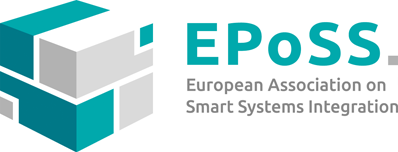The Internet is gearing up for the next technological revolution: communication with and among objects. How would you envisage the "governance" of such an "Internet of Things" (IoT)?
The Internet of today offers access to content and information through connectivity to web pages and to multiple terminals (e.g., mobiles, TV). The next evolution will make it possible to access information related to our physical environment, through a generalised connectivity of everyday objects. A car may be able to report the status of its various subsystems using communicating embedded sensors for remote diagnosis and maintenance; home information about the status of the doors, shutters, and content of the fridge may be delivered to distant smart phones; personal devices may deliver to a central location the latest status of healthcare information of remotely cared patients; environmental data may be collected and processed globally for real time decision making.
Access to information relating to our surrounding environment is made possible through communicating objects able to interact with that environment and react to events. This makes possible new classes of applications such as smart homes with automated systems to monitor many aspects of daily living, smart grids and intelligent energy management, smart mobility with better control of traffic, or smart logistics with the integrated control of all processes in the entire distribution chain. There are endless examples of this evolution of networked devices, also known as the Internet of Things (IoT).
The Internet of Things holds the promise of significant progress in
addressing global and societal challenges and to improve daily life. It
is also a highly promising economic sector for sustainability, growth,
innovation and employment. But it is likely to have a profound impact
on society, in areas like privacy, security, ethics, and liability. The
policy challenge is to assess the right trade-off between the potential
economic and societal benefits and the control that we want to retain
over an environment where machines will gather, exchange, process and
store information automatically. The effects on our private and public
space require that people and their governments debate the appropriate
governance and management of the Internet of Things in the future. To
this end the European Commission envisions a recommendation addressing
the main issues, of which a number are outlined in the questions
below.
The purpose of this consultation is to solicit the views of a wide range of stakeholders and the public at large.
To fill in the questionnaire, go >>here
Share on
